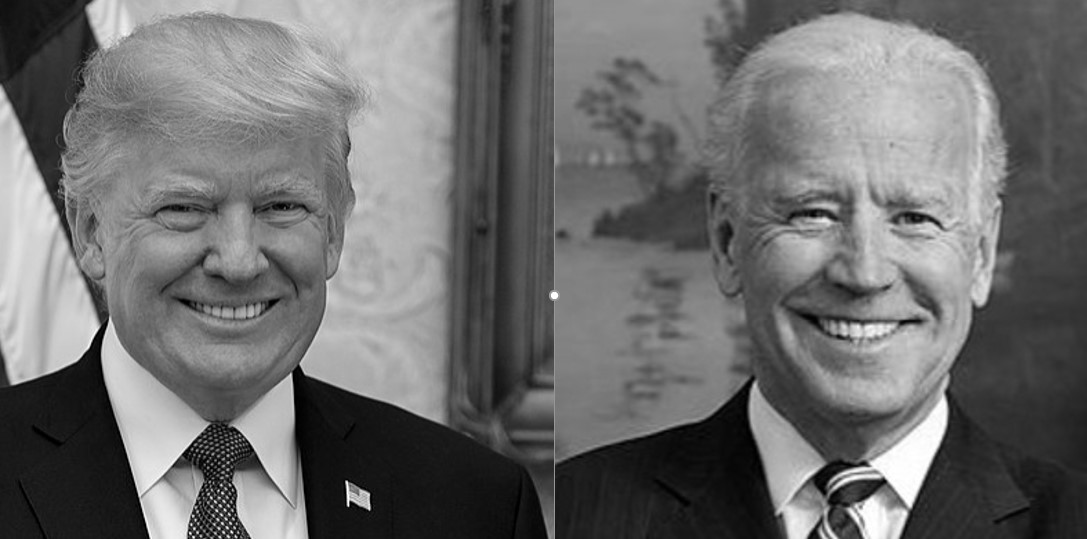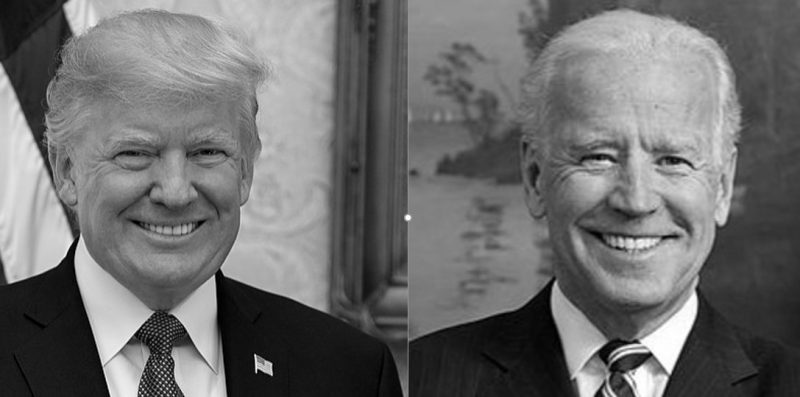A return to bipartisanship is a big ask


As I write, I am caught in a limbo between two realities. The US presidential election has still not been called. From my current perspective, it seems likely that former Vice President Joe Biden will emerge victoriously, but I suspect that the legal challenges and allegations of election interference will rage on for many months. But in the end, Biden will probably be swearing the Presidential Oath come January 2021.
So that’s it, then? Donald Trump is defeated and leaving office (I suspect he will leave peacefully to mitigate any damage to the Republican establishment). Joe Biden will take over. Why, then, do I feel so numb about the whole thing?
Surely, any return to normalcy this year should be welcomed with cheers and fireworks, but for me, I’m not sure whether a new president can erase the damage that was done over the past four years. And this is not a partisan attack, as I believe both sides of the political aisle have been responsible for alienating those who do not believe in the same things they do.
This partisanship has become more extreme, and we must escape it if we wish to have serious political conversations about the future of our countries.
The partisanship brought about by Trump is easier to understand. The 2016 campaign was always on bad terms with the media, but four years of President Trump has made both sides more hostile. Every legitimate criticism of Trump was dismissed as fake news, which not only angers the members of the media but voters who can see facts in real-time as their president says the opposite. This transforms President Trump into someone who voters disagree with, someone who they know is lying. And who the heck likes to be lied to?
President Trump has also spurred partisanship with his language on “Democratic” and “Republican” cities. If the pandemic response is abysmal in New York, for example, it must be the fault of the Democrats, according to the President. Can you even imagine a Canadian prime minister claiming that Ontario experienced pandemic deaths because of the political leaning of its legislature?
When violence occurs in inner cities in the United States (Chicago being the most mentioned example) this is the fault of Democratic mayors, according to the President. Can you imagine a Canadian prime minister calling out violence in only those cities where the mayors had some opposite political allegiance? President Trump did not accept that issues could be bipartisan, much to the disadvantage of a healthy political conversation.
I did say before that this was bipartisan, so I will comment on Joe Biden. The former VP has said, on occasion, that he will steer the US back to healthy discourse and away from political polarization. But, talk is cheap. Time will tell whether he follows through.
The problem Biden has is that he is not willing to distance himself from the far-left elements of the Democratic party (even though he does not endorse these ideas).
Agree with them or not, the Green New Deal, mentions of socialist policy, and hostility toward big business do not win votes in the United States. Prospective voters must decide whether Biden will be strong enough to hold back these elements of his party. His unwillingness to address this issue angers voters who feel they are left with a choice between a deplorable conservative in Trump and a far-left socialist in Biden (even if this label is not fairly applied).
I should mention that Biden’s choice of Senator Kamala Harris as his VP candidate didn’t help him on this front. When Sen. Harris took part in a recent interview, she was asked about being named the most liberal currently serving American senator (the organization claiming this was bipartisan). She simply laughed.
It’s probably best to explain your ideas and how they intersect with your running mate when these accusations are levelled. If not, you just fan the partisan flames. People will believe that Joe Biden really does like these unpopular ideas and that their choice really is between Trumpian politics and socialism.
The partisan divide in the United States widened over four years of a Trump presidency. Both sides are responsible for alienating the other. One side has called everyone who disagrees with them or makes fair criticism a liar for four years. The other makes constant flirtation with the radical wing of his party, a wing unwilling to negotiate with others.
The polarization under four years of Trump has to come to an end and be replaced by something that has been severely lacking: civility.


